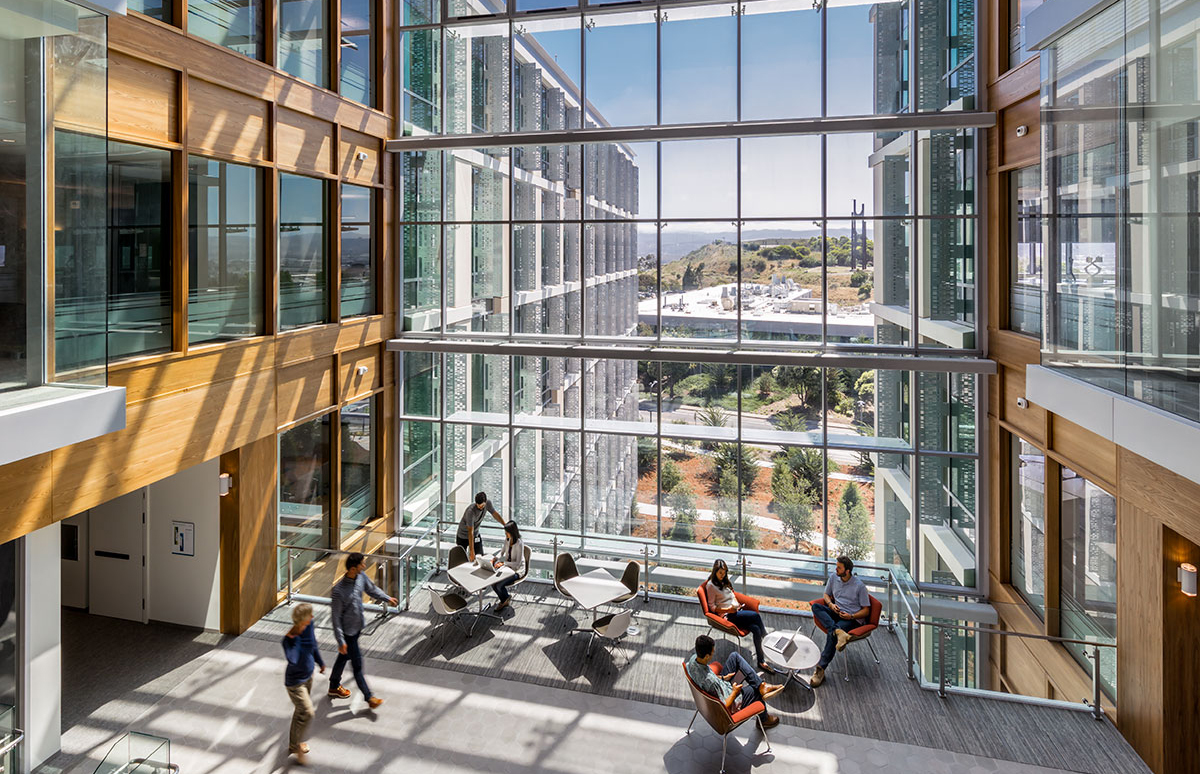In June CBE received an award for new funding through the California Energy Commission (CEC) to support research in innovative control technologies that will reduce natural gas consumption in large commercial buildings, leading to paths for cost-efficient solutions having broad application. The project is significant as it addresses the standard HVAC systems found in the vast majority of existing commercial buildings, and reducing inefficiencies and energy consumption in our existing building stock is mandatory for reaching critical carbon reduction goals.
The study is scheduled to start this summer and be completed in 2023, and was made possible through collaboration with a diverse group of building industry leaders. The CEC award provides funding of $1.4M that will be supplemented by $1.6M in match funding from several sources. Price Industries will provide in-kind support at its advanced HVAC lab where CBE’s research team has collaborated many times in the past. CBE Industry Partner Genentech will also contribute through participation in the project. The research team will be led by Paul Raftery and Therese Peffer, and includes CBE partners TRC and Taylor Engineering, with the Western Cooling Efficiency Center (WCEC) at UC Davis. The City of Oakland and California State University have offered sites to further demonstrate the benefits of the resulting solutions.
The research concepts are an extension of previous research conducted by CBE, in which advanced analysis of data from a Bay Area building revealed that with a gas-fired boiler serving hot-water reheat, only 17% of the energy cost went towards actual heating, while 83% was wasted due to piping losses and boiler inefficiency. Unfortunately there are no low-cost, convenient and scalable methods to upgrade inefficient natural gas-powered boilers commonly installed in commercial buildings. CBE’s new research will greatly advance the previous findings, starting with office building demonstrations, and with additional field studies and laboratory tests that will create a framework for guidance on implementation. The research team will develop an integrated set of low-cost measures, including improvements to fault detection, improved controls through simple BAS changes and/or minor controls changes, and low-cost localized heating/cooling solutions. Here we provide a description of the new project.
Because moving from research to adoption is critical, the project scope includes market transformation activities to provide a roadmap to help building operators identify appropriately tailored methods to reduce natural gas consumption. This will include a rigorous evaluation of the scalability of the measures, a hot water heating and retrofit design guide, and an online ‘rapid retrofit’ screening tool. The work will conclude with efforts to positively impact codes, standards and utility programs based on the research outcomes.
Featured image: Building 35 in South San Francisco. Image courtesy of Genentech.

